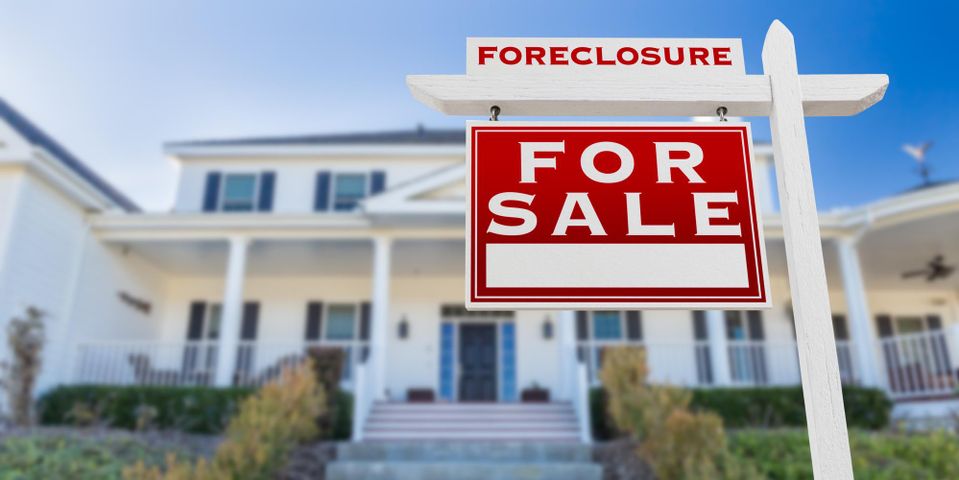
Foreclosure is a legal remedy available to lenders after a borrower has failed to meet the terms of their home loan agreement. This allows the financial institution to regain possession of the property and sell it in an attempt to recover the amount still owed. If you’ve fallen behind on your mortgage payments, it’s important to have a clear understanding of what happens next. Each state has its own real estate and zoning laws, which regulate such proceedings as foreclosure. Below is an overview of the steps you’re likely to go through when facing foreclosure in Ohio.
What to Expect in an Ohio Foreclosure
Notice of Default
Once you become delinquent on your mortgage loan, the lender may issue a notice of default. Typically, this can’t be sent until the bill is 120 days past due, and it will provide an additional 90 days to pay off what you owe. If you can find the funds to make up all your missed payments within this time frame, your loan may be reinstated. However, Ohio real estate and zoning laws don’t require lenders to send pre-foreclosure notices unless they are obligated to by a provision in the loan agreement.
 Summons & Complaint
Summons & Complaint
Next, the lender must file a summons and complaint. It will explain the type of mortgage you have, why foreclosure is being sought, the amount you owe, and how the lender wants the court to take action. You will have 28 days from the date you are served with the complaint to file a response and raise a defense. Not responding will generally result in a default judgment in the lender’s favor.
Sheriff’s Sale
If the lender wins their case, the sheriff will move forward with the sale of your home, which is usually done by public auction. According to the state’s real estate and zoning laws, before a foreclosure sale begins, an appraisal of the property must be performed, the sale has to be advertised in a local newspaper, and the house can’t be sold for less than two-thirds of its appraised value.
Preventing Foreclosure
A foreclosure can negatively affect your credit score and make it challenging to purchase a home in the future. Thus, it’s vital to know you may be able to prevent foreclosure by going through mediation, paying the loan off in full, or hiring an attorney to devise a defense strategy against unlawful foreclosure actions, unfair lending practices, or an illegal mortgage assignment.
Unfortunately, lenders can make mistakes on foreclosures. In this case, it’s essential to consult an attorney with Ibold & O’Brien about possible options for protecting your investment. They have extensive knowledge of local real estate and zoning laws and can help determine if you’ve been the victim of a wrongful foreclosure. For nearly 40 years, homeowners throughout Geauga, Lake, Ashtabula, and Cuyahoga County, OH, have relied on this legal team’s expertise to fight for their rights. Call (440) 285-3511 to set up a consultation, and visit them online for more information on avoiding foreclosure.
About the Business
Have a question? Ask the experts!
Send your question

